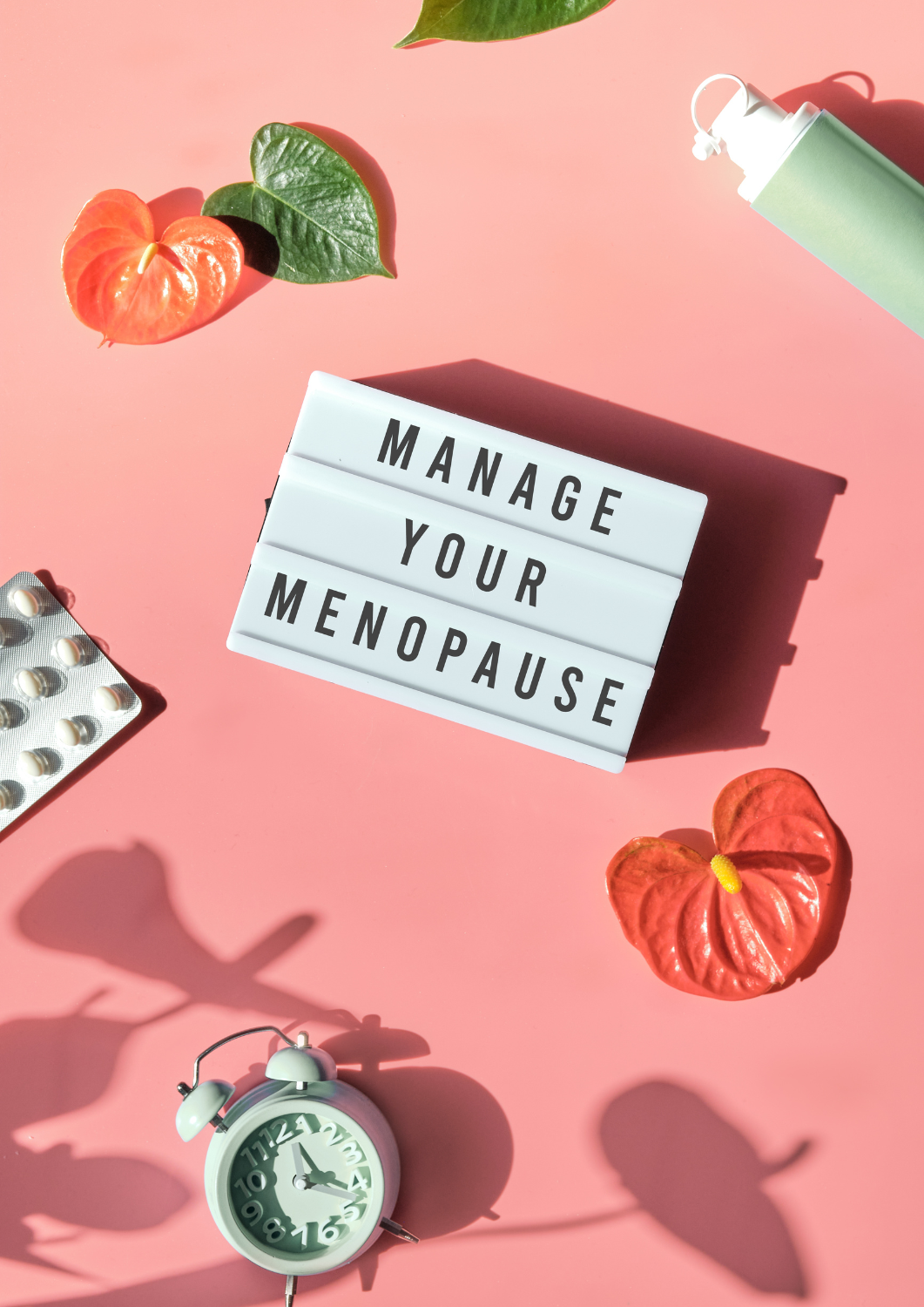Celebrating World Menopause Day – October 18th
A joint article from Central Health London and Central Health Hong Kong
Menopause is a universal life stage, but women experience it differently depending on their health, culture, and environment. In London, long NHS waiting lists and gaps in public understanding can delay treatment. In Hong Kong, the hot, humid climate often makes vasomotor symptoms like hot flushes and night sweats even harder to bear, while stigma around mental health may prevent open discussion.
At Central Health, we want women in both cities to have timely access to evidence based, compassionate care. With the right mix of self help, medical support, lifestyle strategies, and partner understanding, this transition can be managed with confidence.
Here are 20 top tips from our menopause experts in London and Hong Kong.
1) How to Help Yourself
1. Educate yourself – Learn the signs of peri menopause such as irregular cycles, flushes, and mood changes, and menopause which is 12 months without a period. Awareness helps you take control and seek help early.
2. Prioritise sleep – Falling oestrogen often causes night sweats and insomnia. Keep your room cool at 16 to 18°C in London or use air conditioning or dehumidifiers in Hong Kong. Avoid caffeine or alcohol before bed and consider CBT for insomnia.
3. Stay active – Aim for 150 minutes of aerobic activity plus strength training twice weekly. Brisk walking outdoors, swimming in Hong Kong’s heat, or yoga in London gyms all protect bones, improve sleep, and boost mood.
4. Eat smart – A Mediterranean diet rich in whole grains, oily fish, legumes, and vegetables supports bone and heart health. Aim for 1,000 to 1,200 mg calcium and 800 IU vitamin D daily.
5. Be kind to yourself – Up to 70% of women report reduced confidence or mood changes. Recognise these are hormonal, not personal failings. Self compassion helps restore balance.
2) How Your Doctor Can Help
6. Hormone Replacement Therapy (HRT) – Safe and effective for most women, HRT replaces oestrogen and progesterone if you have a uterus. Benefits include relief of hot flushes, better sleep, improved mood, stronger bones, and reduced cardiovascular risk.
7. Tailored preparations – Transdermal oestrogen patches or gels bypass the liver and lower clotting risk. Micronised progesterone is usually safest. Doctors in London and Hong Kong can help choose the right combination.
8. Testosterone supplementation – Can improve libido and sexual satisfaction in postmenopausal women with persistent low desire when given alongside oestrogen.
9. Vaginal oestrogen – Creams, pessaries, or rings relieve dryness, pain, and recurrent urinary tract infections. Safe long term, even with systemic HRT.
10. Fezolinetant (new option) – A neurokinin 3 receptor antagonist licensed in the UK in December 2023 and available on private prescription. It reduces hot flushes by acting on brain neurotransmitters that regulate the hypothalamo pituitary ovarian axis. Studies show a rapid reduction in vasomotor symptoms, making it a promising option for women who cannot or prefer not to use HRT. NICE is currently reviewing its cost effectiveness for potential NHS use.
3) Best Natural Remedies
11. Mind body therapies – CBT, mindfulness, and yoga are proven to reduce hot flushes, stress, and insomnia.
12. Phytoestrogens – Plant oestrogens in soya, flaxseed, and chickpeas may help with mild symptoms, though effects are modest.
13. Supplements with caution – Vitamin D and calcium are beneficial for bones. Herbal remedies such as black cohosh or evening primrose oil may interact with other medicines so always check with your doctor.
14. Cooling strategies – In Hong Kong’s humidity, wear breathable fabrics and carry portable fans. In London, layer clothes and keep a glass of cold water bedside.
15. Stay connected – Talking openly reduces stigma and isolation. Peer groups, whether online or in person, provide reassurance and support.
4) Five Things Your Husband Can Do to Help
16. Learn about menopause – Symptoms affect 8 in 10 women, yet many men are unaware. Understanding the biology such as falling oestrogen and progesterone and brain chemistry shifts fosters empathy.
17. Offer comfort, not pressure – Symptoms can last 4 to 8 years. Do not ask when will this end. Instead, small gestures such as a hug, tea, or running a bath provide real comfort.
18. Be flexible with plans – Fatigue and anxiety can derail outings. Patience and acceptance prevent resentment and show support.
19. Support medical care – Offer to help research HRT, book GP visits, and attend consultations. Many women lose confidence and feel overwhelmed discussing symptoms with doctors.
20. Keep intimacy and communication alive – Vaginal dryness, pain, and low libido are common but treatable with HRT, local estrogen, or testosterone. Open, non judgemental conversations protect closeness and strengthen your bond.






